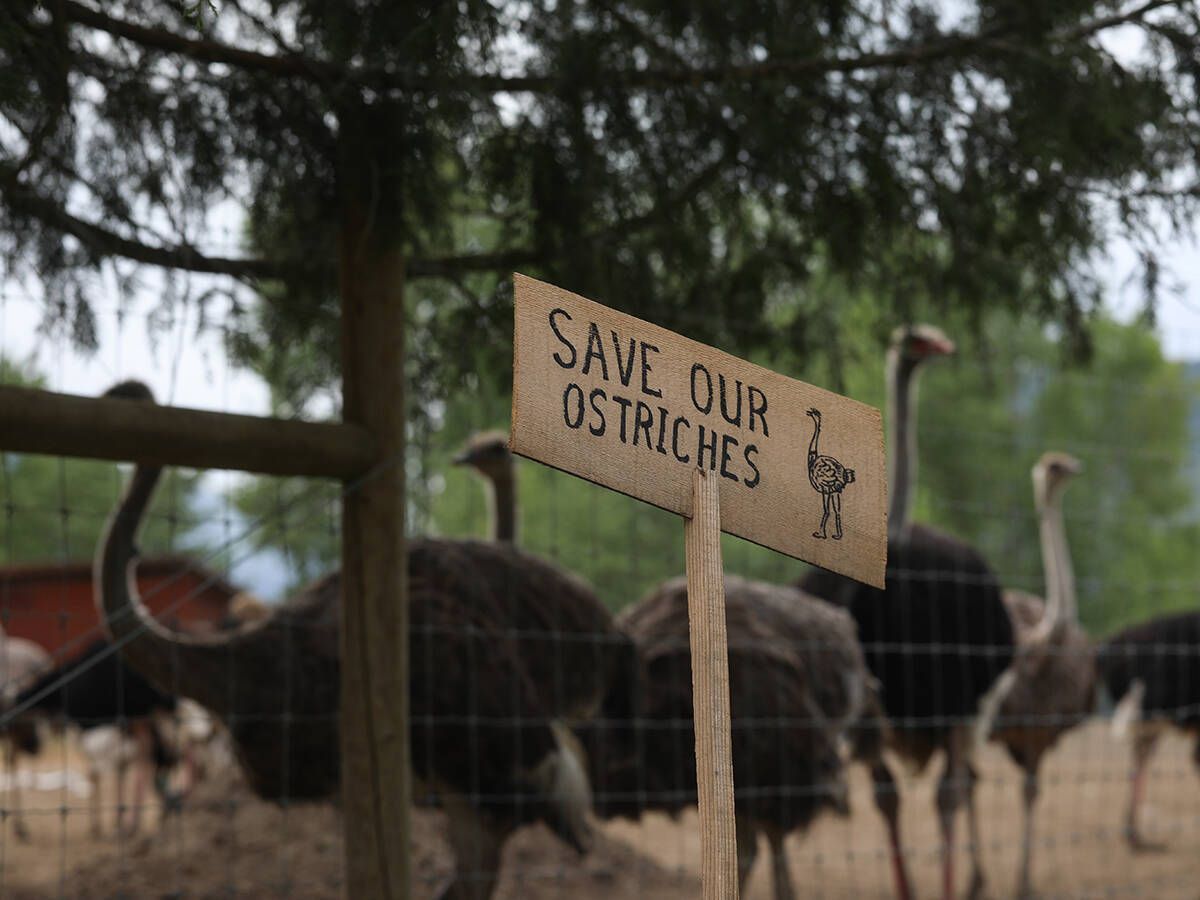SYDNEY, Australia – Australia’s national wheat exporter, AWB Ltd., has re-opened negotiations with Iraq for a full resumption of wheat trade between the two countries, to the background beat of war drums.
While Australian prime minister John Howard maintained his public stance of supporting United States-led pressure on Iraqi president Saddam Hussein, AWB resumed business contacts with its long-standing customer, the Baghdad-based Iraqi Grain Board.
“We’ve had initial discussions with them …. However, this will take some time to work through,” said AWB spokesperson Peter McBride.
Read Also

Ostrich farm case shows power of social media
The social media circus surrounding the BC ostrich farm, could happen again in Canada, says communication expert
He said AWB welcomed the recent statement by Iraqi trade minister Mohammed Mehdi Saleh that Iraq would resume its normal orders of Australian wheat as a reward for large anti-war demonstrations by a wide range of Australians.
However, it is still not clear if Baghdad’s latest offer was conditional on western powers not waging war on the country, McBride said.
“We need to sit down and work through their (wheat) needs going forward,” he said.
Iraq is normally Australia’s biggest or second-biggest customer for wheat, taking around two million tonnes a year worth $800 million Aus.
A return by Iraq to full purchases would reverse its threat last July to halve Australian wheat imports because of the Howard government’s support for a U.S. strike against Iraq.
After foreign minister Alexander Downer said Australia would not succumb to threats, Iraq put on hold an order for 500,000 tonnes of Australian wheat.
In August, the Grain Board of Iraq told AWB chief executive Andrew Lindberg that it would resume full imports of wheat from Australia and would take the full contracted amount of 1.8 million tonnes in 2002.
Refusals by Iraq to unload four ships carrying Australian wheat were dropped. Baghdad authorities said they noted an improvement in the tone of Australian government rhetoric.
A month later Iraq again threatened to drop Australian wheat in retaliation for the country going “all the way with the U.S.A.”
In December, AWB said it had sold one million tonnes of wheat to Iraq for 2003 – half the normal annual amount – but was continuing to negotiate more sales.
It was impossible to say whether Iraq’s latest offer of a full resumption of the wheat trade was conditional on Australia not joining an U.S.-led strike on Iraq.
“It’s hard to say if there is a condition (on the trade),” said an Australian industry source.
“If war breaks out, they (the Saddam regime) won’t be around. But if they’re (still) signed up under UN oil-for-food, that should still be honoured.”














